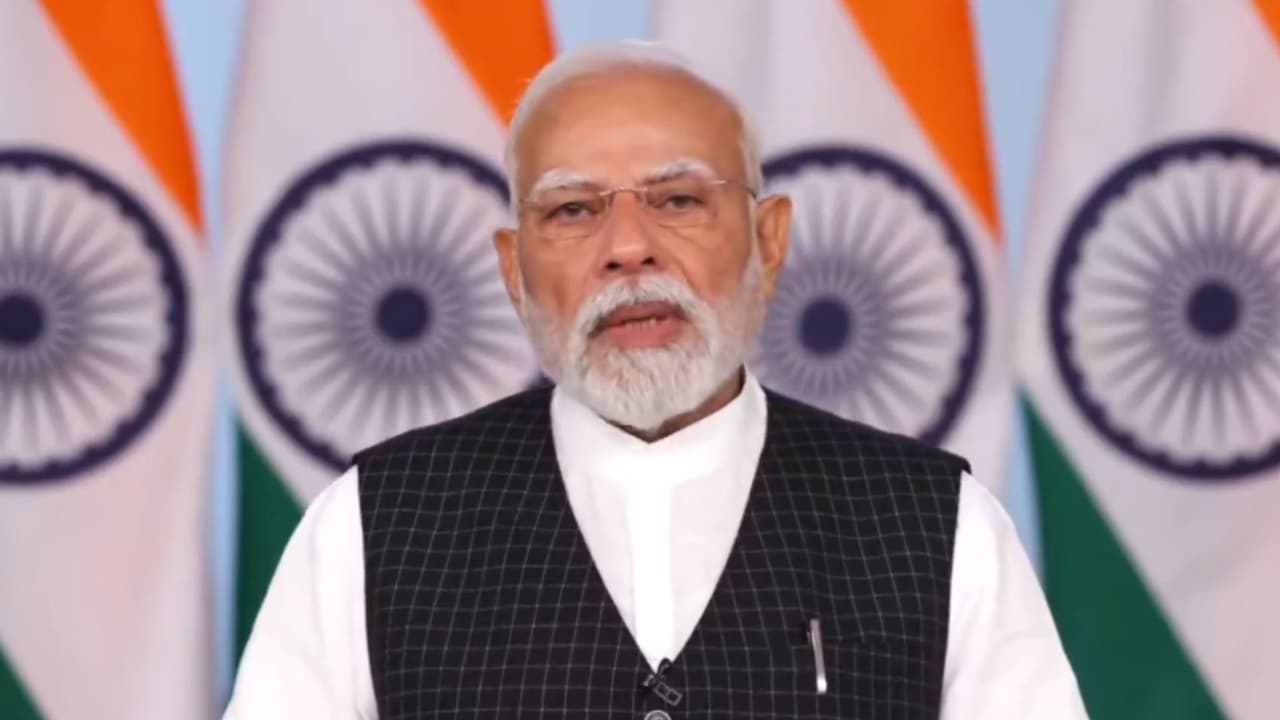Delhi University argued that releasing individual results, including names, roll numbers, and marks of all students from 1978, would amount to revealing personal information. The university claimed that such data is protected under the RTI Act.
New Delhi: The Delhi High Court has overturned an order by the Central Information Commission (CIC), which had directed Delhi University (DU) to release details regarding Prime Minister Narendra Modi’s Bachelor of Arts degree. The decision by the High Court was delivered by Justice Sachin Datta, though a detailed judgment is still awaited. The case involved Delhi University, the Central Information Commission, RTI activist Neeraj Kumar, and Prime Minister Narendra Modi. Solicitor General Tushar Mehta represented DU, while Senior Advocate Sanjay Hegde appeared for Neeraj Kumar. The university filed the petition in 2017, challenging the CIC’s 2016 directive. The High Court had put a stay on the CIC’s order on January 24, 2017, the very first day of the hearing.
Delhi University argued that releasing individual results, including names, roll numbers, and marks of all students from 1978, would amount to revealing personal information. The university claimed that such data is protected under the Right to Information (RTI) Act as it qualifies as third-party and fiduciary information. The Solicitor General stated that while DU had no problem showing the Prime Minister’s degree to the court, it could not disclose academic records of all students to the public. He stressed that mere curiosity does not justify invoking RTI provisions. On the other hand, advocate Sanjay Hegde, representing the RTI applicant, argued that academic records are typically public and used to be published on university notice boards, websites, or in newspapers. He contested the claim that such information is held in a fiduciary capacity.
RTI activist Neeraj Kumar had sought the results of all BA students from the 1978 batch, which allegedly included Prime Minister Modi. His request was initially denied by DU’s Central Public Information Officer (CPIO), who cited third-party information restrictions. When Kumar appealed, the CIC ordered disclosure, asserting that educational records of past students fall within the public domain. The High Court has now set aside that order, siding with the university’s argument on privacy and fiduciary responsibility.
